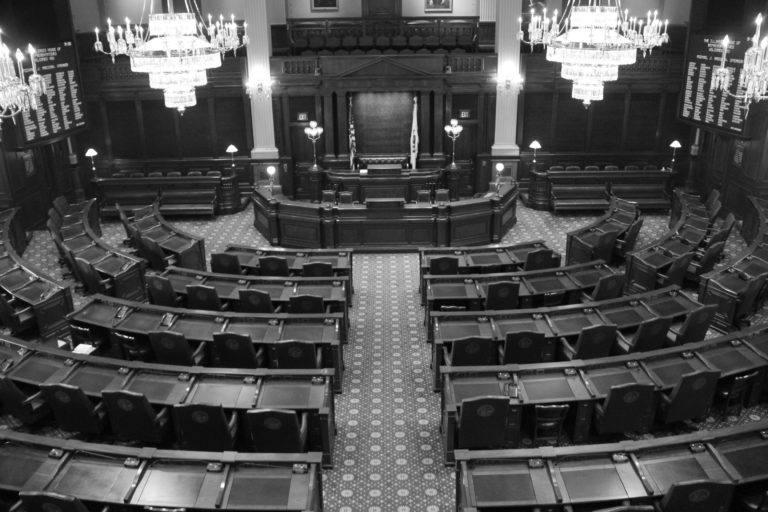Public Health without a Budget: Budget Crisis in Illinois
Illinois gained notoriety as the only state in the US to spend 2016 without a state budget and the first state to go a year without a budget in close to a century.

Read Time: 4 minutes
Published:
Illinois gained notoriety as the only state in the U.S. to spend fiscal year 2016 without a state budget and the first state to go a whole year without a budget in close to a century. A profound impasse between the newly elected Republican Governor Bruce Rauner (staunchly pro-business and anti-tax) and the Democratic-led state legislature (broadly pro-government spending and pro-union) led to a budget stalemate which has yet to be meaningfully resolved.
The combatant sides produced a stopgap budget on June 30, 2016, the final day of the fiscal year, which provided some funding for the first half of the 2017 fiscal year. However, the temporary budget fix funds only some state obligations, at less-than-full levels, leaves the resolution of fundamental differences on budgeting for further debate before the expiration of the short-term budget at the end of December 2016, and fails to clarify how, to whom, and how much funding will be distributed to desperate recipients of state funds.
The stopgap budget may be too little too late for many health service, mental health, and social service organizations. The inability to rely on state funding in the near future may keep many organizations from re-expanding services which were cut during the previous year’s impasse. For instance, when state funding dropped off, Rape, Advocacy, Counseling, and Education Services (RACES) in Urbana, Illinois, gradually reduced services over the course of 11 months, going from multiple professional staff providing counseling, advocacy, outreach, training, and crisis response down to a single, part-time staff member coordinating trained volunteers to provide crisis intervention and advocacy. While RACES may receive some funds (although this is unclear) under the temporary budget, the extreme uncertainty about continued funding is a barrier to rehiring staff or re-expanding services which might then have to be cut again almost immediately.
As the length of the Illinois budget impasse extends, public health officials have noted significant concerns, from the elimination of long term programs to the potential for a preventable illness outbreak to “a major dismantling of human services and public health infrastructure.”
In addition to non-profit agencies like RACES, many local and state organizations rely heavily on state funds which are missing or reduced due to the budget impasse. Local health departments often provide essential public health services using state funds, including immunizations, health inspections, and prevention efforts. As the length of the Illinois budget impasse extends, public health officials have noted significant concerns, from the elimination of long term programs to the potential for a preventable illness outbreak to “a major dismantling of human services and public health infrastructure.”
Whether or not such drastic effects occur, the Illinois budget impasse has had significant short and long-term impacts on public health organizations and the health of the people of Illinois. In the short term, the state’s most vulnerable citizens, who rely on state-funded public health and social service resources, are being underserved by critical programs like autism services, child care subsidies, and mental health services. In the long term, rebuilding agencies like RACES, decimated by the lack of funds, will take extraordinary commitment to recouping the financial and social capital. Further, vulnerable citizens may face ongoing or lifelong health consequences. Children who don’t receive immunizations when local public health agencies reduce their outreach will face ongoing risk of disease. Families who could not access immigration services, funding for which was specifically frozen, may have missed critical opportunities to connect with community health programs.
Many more examples exist, but the takeaway from the ongoing Illinois budget impasse is that state funding is the lifeblood of public health in the daily lives of American citizens. Withholding funding has clearly had catastrophic effects, and the continued uncertainty about funding in the future has lessened the benefit of the temporary funding relief provided by a stopgap budget. Essential public health programs and organizations – defined expansively to include social service and community health programs – should be funded with ongoing, automatic appropriations. The lesson to policymakers from Illinois’s disastrous experience is to provide clear and trustworthy plans to support consistent public health programs, regardless of political issues around other funding questions.
Featured image: Illinois State Capitol by Daniel X. O’Neil, can be reused under the CC BY license/cropped from original



